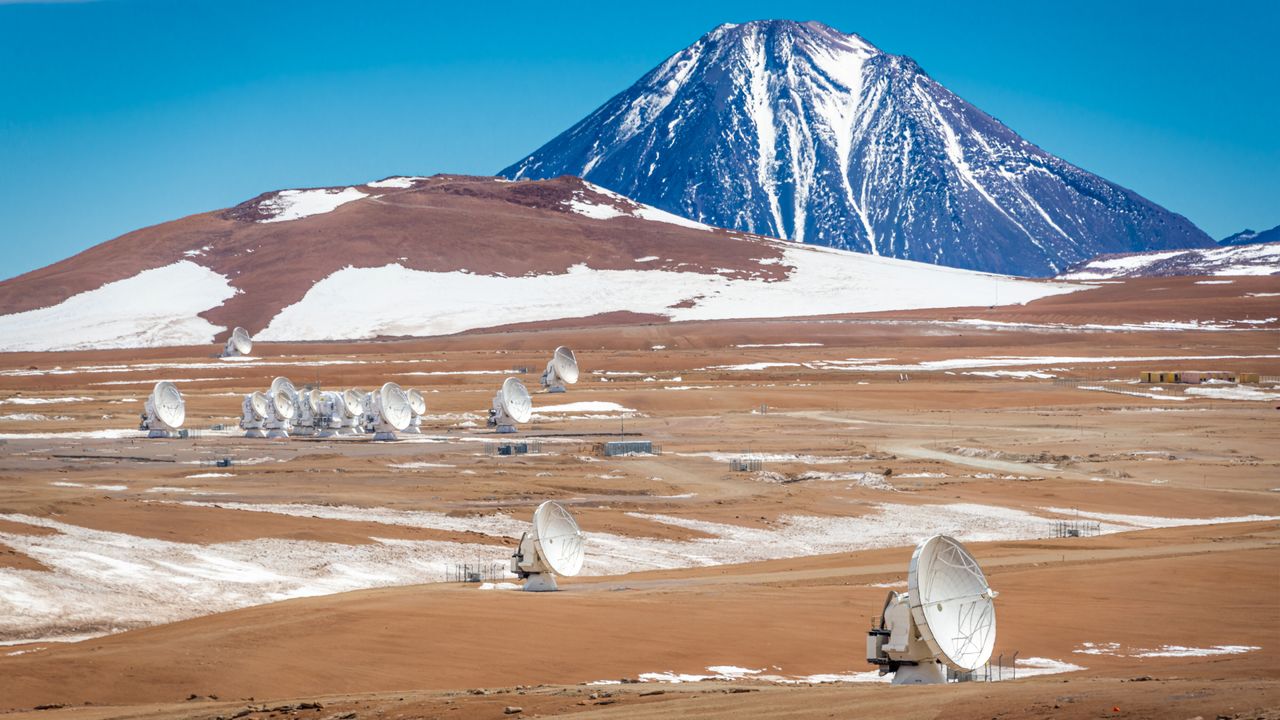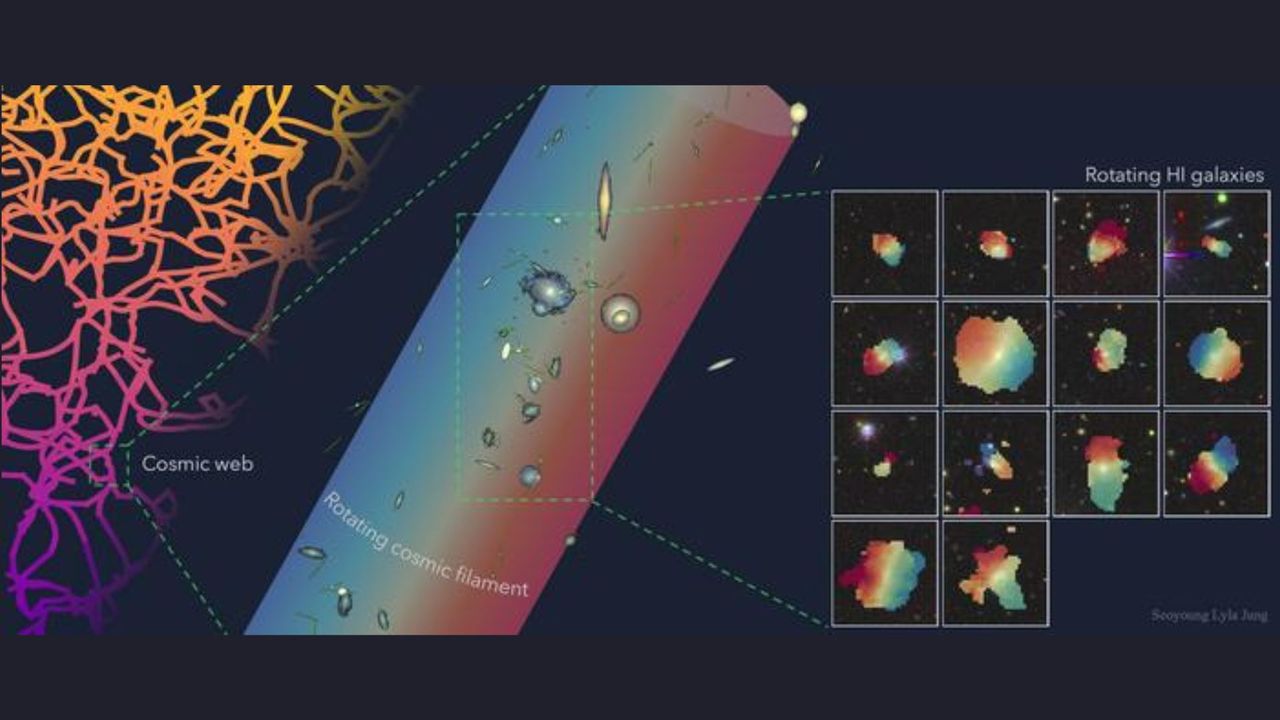Deep-space dishes dot the desert | Space photo of the day for Oct. 15, 2025
PositiveScience

The Atacama Large Millimeter/submillimeter Array (ALMA), located near Chile's Licancabur volcano, is making significant strides in space exploration by observing the coldest and most distant parts of the universe. This remarkable facility not only enhances our understanding of the cosmos but also showcases the beauty of scientific innovation in one of the world's most unique landscapes.
— via World Pulse Now AI Editorial System
